What is a more sustainable way of fishing?
by AnonymousWe took a look to understand how fish are treated and how we can keep the fish alive for years to come.
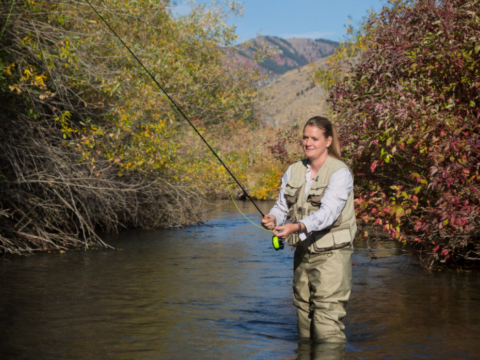
1In 1 playlists
By Anonymous
Fly fishing is an angling method that uses a lightweight lure called an artificial fly to catch fish. Fly fishing can be done in fresh or saltwater. Although no form of fishing is going to be necessarily good for the fish, fly fishing is one of the least harmful ways to go about it. Since you’re not using edible bait, you avoid the risk of introducing foreign species or processed food into a natural environment. It also can help keep the environment healthy by keeping the populations of fish in check.
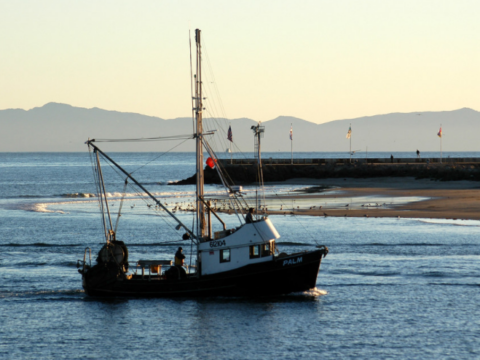
1In 1 playlists
By Anonymous
Bottom trawling is a widespread industrial fishing practice that involves dragging heavy nets, large metal doors and chains over the seafloor to catch fish. Trawling destroys the natural seafloor habitat by essentially rototilling the seabed. Species diversity and habitat complexity are directly affected by changing the physical environment of sand, mud or rock that results from trawling
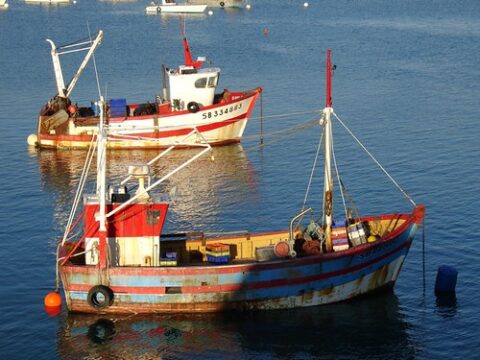
1In 1 playlists
By Anonymous
Marine animals are unintentionally caught and killed in fishing nets. Coral reefs and bottom-feeding animals are strongly affected by bottom trawling because it ruins their habitat. We are fishing at rates too high that we are starting to run out of fish in the ocean and many kinds of fish have already gone extinct due to overfishing. This affects the balance of life and the food chain. Commercial fishing kills 300 thousand whales and dolphins a year at about 100 million sharks a year.
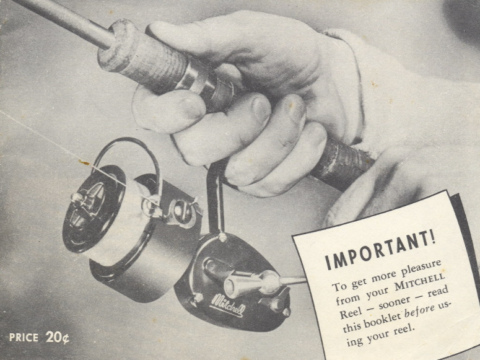
1In 1 playlists
By Anonymous
Spin fishing is a fishing technique that uses a spinning lure that the fish will bite. Spin Fishing is used in both freshwater and saltwater. Spin fishing uses 2 different kinds of reels. The open-faced reel and the closed face reel. It is way more sustainable than many other kinds of fishing because it does not catch much unintentionally caught fish and does not have as much waste. It also doesn't take way too much fish all at once it only catches a few.
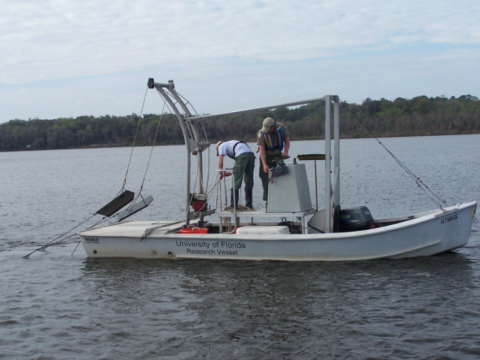
1In 1 playlists
By Anonymous
The basic difference between these two similar terms is that trawling involves a net and is typically done for commercial fishing purposes, while trolling involves a rod, reel, and bait or lure," and is typically done by recreational fishermen.
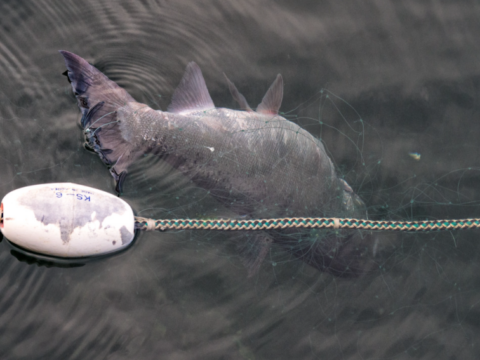
1In 1 playlists
By Anonymous
Gilneting is a fishing method that uses a line with vertical paneled netting hanging from it. There are floaters that hold the line to the surface of the water. Gillnetting is an early fishing method and there is not much negative impact on the environment. The fish get caught alive so they can be set free if they catch the wrong fish.
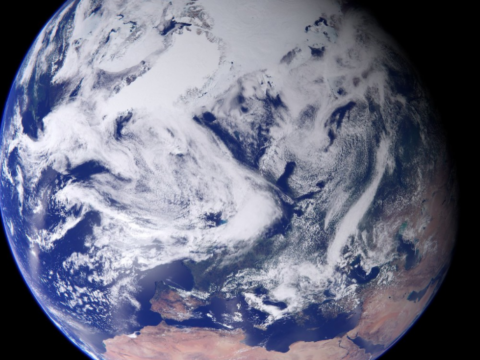
1In 1 playlists
By Anonymous
So many species are threatened right now and the most important fish the people eat are predicted to be gone by 2050. If we keep fishing at the same rates that we do right now then we will run out of most seafood in 2048. Discarding fishing gear also makes up the majority of large plastic pollution in the world.
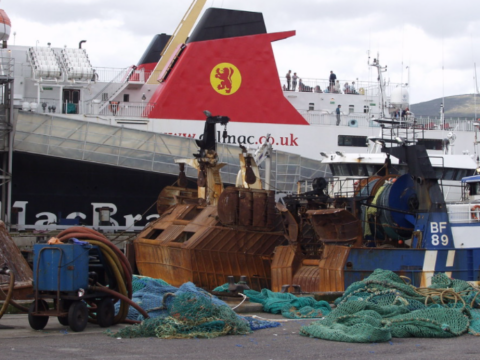
1In 1 playlists
By Anonymous
There are numerous reasons for overfishing. The major ones include:
- Unsustainable Fishing
- Illegal and Unregulated Fishing Activities
- Economic and Food Needs
- Open Access Fisheries
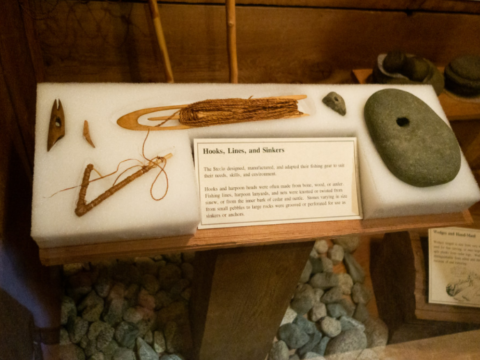
1In 1 playlists
By Anonymous
Fishing is a very important part of first nations culture. First nations fishing is also way more sustainable and does not harm the environment but people have changed and now have many new ways of fishing. People have now found new ways that can get way more fish and way less time but the problem is that now they are overfishing because of this. Although these new methods of fishing can get more fish, they are a lot less sustainable and are causing a lot of problems for the environment.
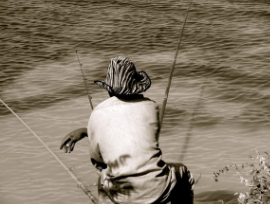
1In 1 playlists
By Anonymous
Sustainable fishing is a more artisanal and small-scale method with social, economic and environmental benefits, some of which consist of:
- Protecting marine life
- Avoiding waste
- Generating jobs
- Reducing pollution

1In 1 playlists
By Anonymous
- https://greentumble.com/sustainable-fishing-practices/
- https://en.wikipedia.org/wiki/Gillnetting
- https://en.wikipedia.org/wiki/Spin_fishing
- https://www.iberdrola.com/social-commitment/sustainable-fishing
- https://search.creativecommons.org/search?q=over%20fishing
- "Nets 4 - ghost fishing gear" by Oceanwise Expeditions is licensed under CC BY-NC 2.0 1
- "View over Fishing Village from Door of No Return - Cape Coast Castle - Cape Coast - Ghana" by Adam Jones,Ph.D. - Global Photo Archive is licensed under CC BY-SA 2.0 1
- "Fishing" by Jeff Attaway is licensed under CC BY 2.0 2
- "Derelict fishing gear with animal carasses found by the USFWS Puget Sound Coastal Program. Credit USFWS Joan Drinkwin" by USFWS Headquarters is licensed under CC BY 2.0 3
- "B.C. First Nations fishing gear" by quinet is licensed under CC BY 2.0 4
- "Trawl" by FWC Research is licensed under CC BY-NC-ND 2.0 5
- "Earth" by Kevin M. Gill is licensed under CC BY 2.0 6
- "When the trawl is complete, Ryan pulls in one of the heavy wooden planks that keeps the net open while trawling. ©Janet Krenn/VASG" by Virginia Sea Grant is licensed under CC BY-ND 2.0 6
- "Salmon Caught in Gillnet" by Ingrid Taylar is licensed under CC BY-NC 2.0 7
- "Christchurch Fishing Gear. Nikon D3100. DSC_0642." by Robert.Pittman is licensed under CC BY-ND 2.0 8
- "Derelict fishing gear with animal carasses found by the USFWS Puget Sound Coastal Program. Credit USFWS Joan Drinkwin" by USFWS Headquarters is licensed under CC BY 2.0 8
- "GArcia How To 1950s Garcia Mitchell Spin Fishing How To Guide" by UpNorth Memories - Don Harrison is licensed under CC BY-NC-ND 2.0 9
- "vintage fly fishing gear 2" by The WildWood is licensed under CC BY-NC 2.0 10
- "Fly-fishing Gear (B&W)" by Insidiator is licensed under CC BY-NC-SA 2.0 10
